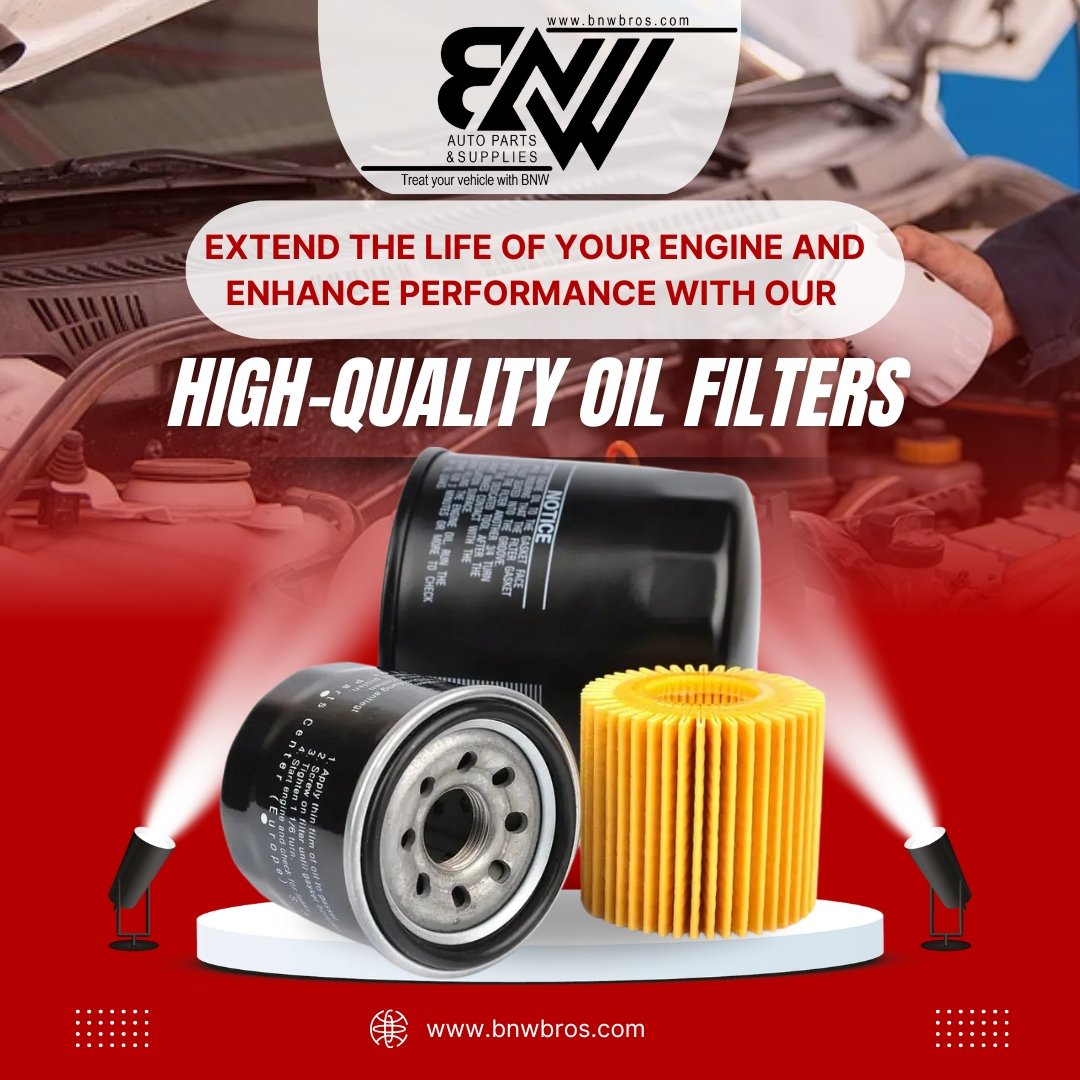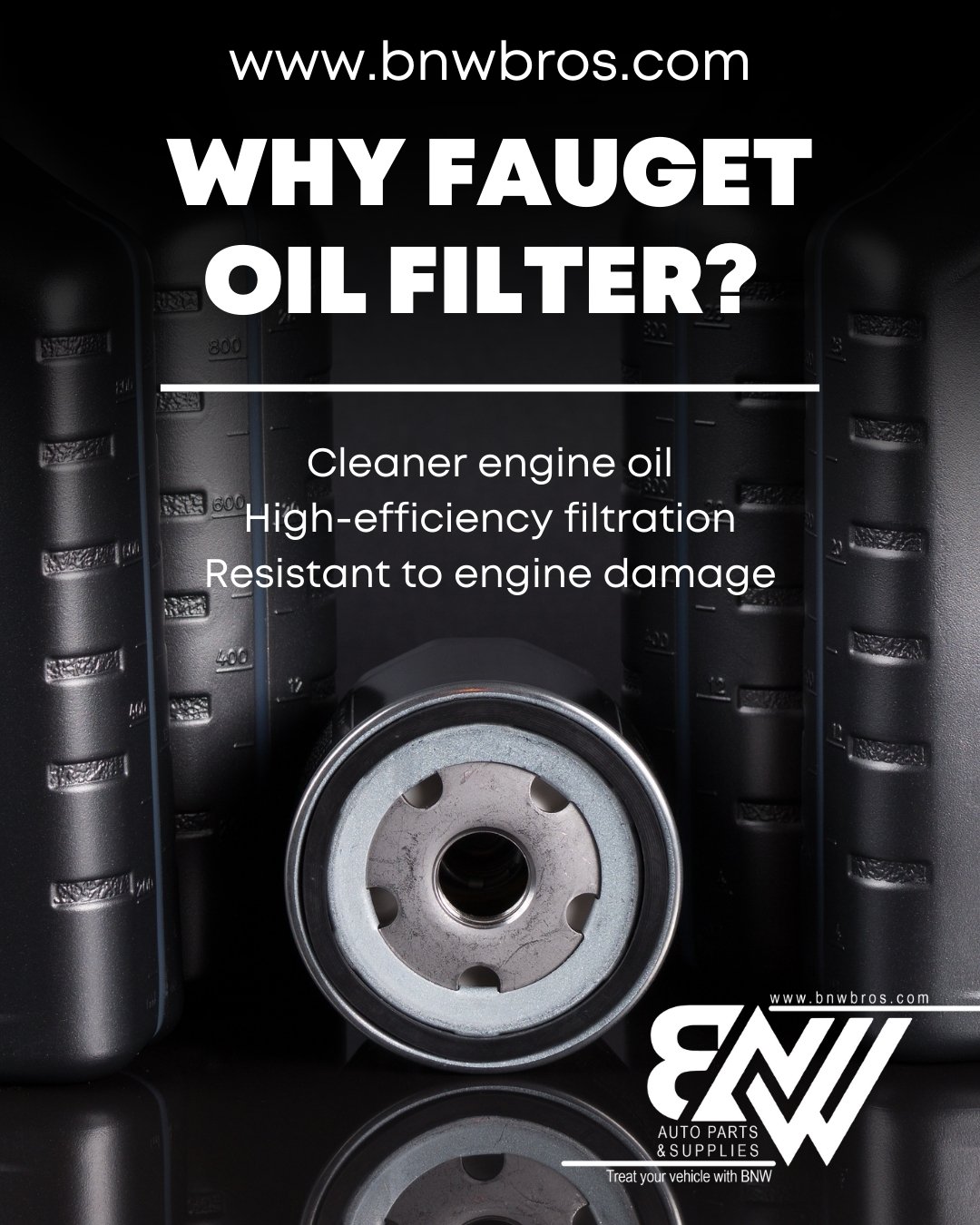Cart is empty!
Please add some product!
Shopping cart
Cart is empty!
Please add some product!

Fuel filters are essential yet often overlooked components of a vehicle’s fuel system. Many car owners aren’t aware of just how crucial fuel filters are for keeping their engine running smoothly. In this guide, we’ll explore the role of fuel filters, their benefits, how they work, and why they are a must-have for anyone who wants their car to perform at its best.

Fuel filters might be small, but they play a big role in keeping your engine clean and healthy. Located along the fuel line, a fuel filter prevents dirt, debris, and other contaminants from entering the engine. This filter is designed to let only clean fuel pass through, which is essential for efficient combustion. Imagine if you used contaminated water in a coffee machine; it would not only make the coffee taste bad, but it could also damage the machine. Similarly, fuel filter benefits include ensuring that your engine works smoothly and without unnecessary strain.
Each of the following benefits is essential for maximizing your engine’s performance and longevity:
Knowing when to replace a fuel filter is essential for avoiding engine issues. Here are some common symptoms that your fuel filter might be clogged or failing:
Selecting the right fuel filter depends on several factors, including your vehicle type and fuel system. Here are some tips:
Fuel filter maintenance doesn’t require a lot of time or money, but it does need to be part of your regular car care routine. Here are some helpful tips:
Maintaining a clean fuel filter doesn’t just benefit your car’s performance – it’s also cost-effective. Here’s how:
Fuel filters are essential for keeping your car’s engine in top shape. By blocking contaminants, they help improve fuel efficiency, reduce emissions, and extend the life of your vehicle. Regular maintenance and timely replacement of your fuel filter can save you money and ensure your car runs smoothly. So, the next time you’re thinking about car maintenance, remember to keep the fuel filter on your checklist. A small investment in your fuel filter goes a long way in ensuring your vehicle’s health and longevity.
To make the article more useful for readers, let’s include some frequently asked questions about fuel filters:
Comments are closed